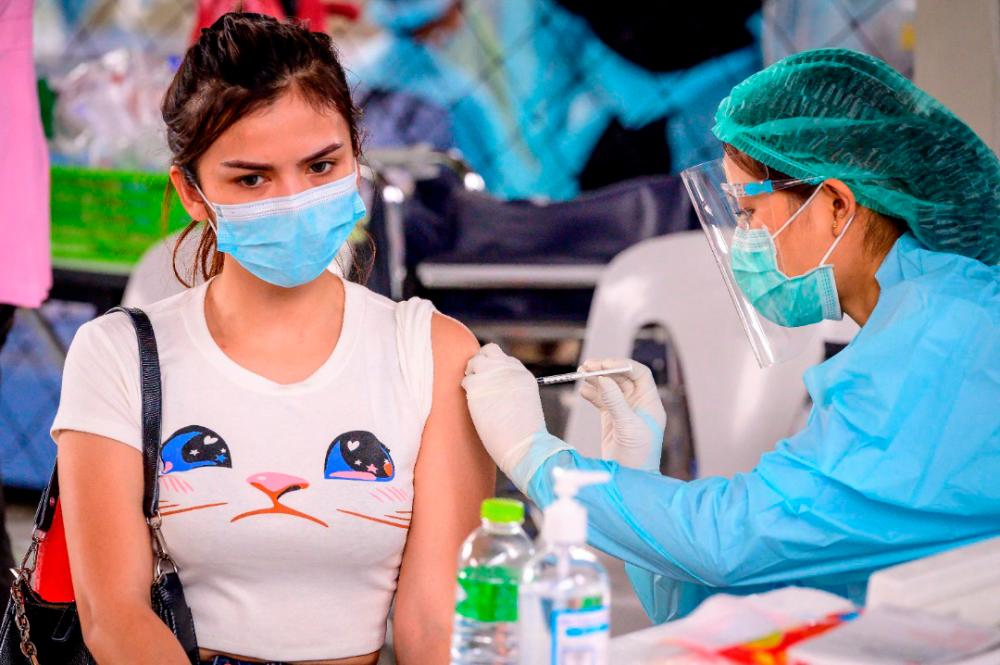PETALING JAYA: Herd immunity is essential to protect a population from widespread infection of Covid-19, but even when it is achieved, there is no way to tell how long such immunity would last.
Malaysian Medical Association president Datuk Dr M. Subramaniam said herd immunity is achieved when a sufficient number of people within a population have become immune to a pathogen, the microorganism that causes the disease.
“People become immune either by being vaccinated or when they recover from an infection,” he told theSun.
The World Health Organisation believes it is better to achieve herd immunity through vaccination than by allowing the disease to spread through any segment of the population, which would cause unnecessary infections and deaths.
“When enough people have become immune, the virus will no longer have a host, thereby breaking the cycle of infection. This explains why herd immunity is important,” Subramaniam said.
On the other hand, the virus will mutate, making it necessary to take booster shots to prevent a resurgence of the infection, he added.
“It is also too early to tell how long the immunity against SARS-CoV-2 (Covid-19) will last. Achieving herd immunity does not require more doses of vaccines per individual, it just requires more individuals to be vaccinated.”
Subramaniam said once achieved, it may be necessary to have regular boosters.
Galen Centre for Health and Social Policy chief executive officer Azrul Mohd Khalib said herd immunity is key to prevention and control of infectious disease.
This explains why there are no widespread outbreaks of measles, polio or smallpox in Malaysia today, he said.
“The pathogen has been either severely marginalised or eliminated altogether as a large proportion of the population has been vaccinated against the infectious agent.
“The key questions with the Covid-19 epidemic in Malaysia are: Can herd immunity be achieved? What proportion of the population needs to be vaccinated to achieve herd immunity? When can this happen? How much will it cost?”
Azrul said there will still be cases of infection but it will be far less than in a population that is not vaccinated.
“Targeting to achieve herd immunity is the best chance at resuming activities and social interactions which were considered normal prior to the pandemic, such as going to concerts, attending large worship congregations, clubbing, or even visiting crowded outpatient clinics without the need to take precautions such as wearing masks,” he said.
Azrul added that due to the existence of possible variants, which may not be covered by existing vaccines, and the real likelihood that Covid-19 will be endemic to the population, it may be necessary to either take an additional dose of the vaccine as a booster, or be vaccinated with a new vaccine altogether.
New flu shots, for example, are often developed yearly to adapt to the variants for the influenza virus, he said.










